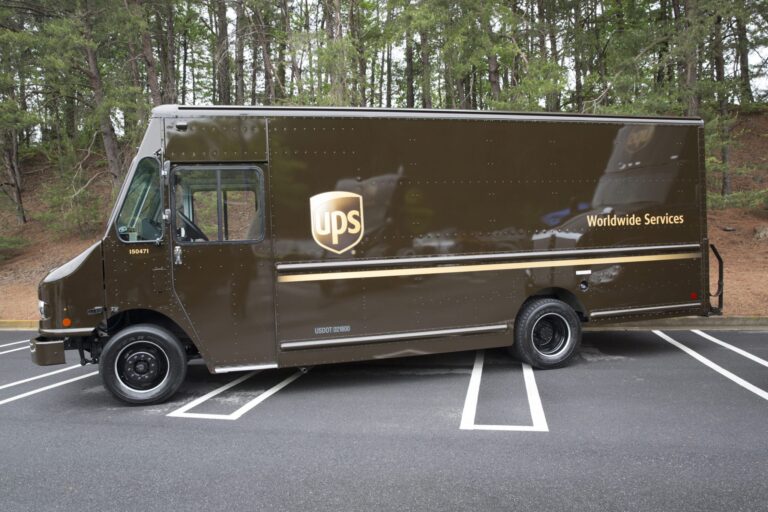A new charging technology has been deployed in London that works to overcome the challenge that charging an entire fleet of electric vehicles presents without needing upgrade to an expensive power supply grid to charge fleets. This technology has been developed by a UPS led consortium for the ‘Smart Electric Urban Logistics (SEUL)’ project alongside UK Power Networks and Cross River Partnership, with additional funding provided by UK’s Office for Low Emission Vehicles.
Super-charging has allowed UPS to grow its fleet from 65 to 170 London based trucks. Likewise, it signals a shift towards electric vehicles without having to rely on traditional combustion engines. Peter Harris, director of sustainability, UPS Europe says: “UPS thinks this is a world first, right in the heart of a mega-city. We are using new technology to work around some big obstacles to electric vehicle deployment, heralding a new generation of sustainable urban delivery services both here in London and in other major cities around the world.”
He continues, explaining that “Electric vehicles are an integral component within UPS’s alternative fuel and advanced technology fleet. Our collaboration with UK Power Networks and Cross River Partnership marks a major turning point in the cost-effective deployment of electric vehicles which in turn will play a key role in ensuring the global trend toward urbanization is sustainable. We are applying new technology to make the charging process smarter and our delivery service cleaner.”
The use of onsite energy storage batteries is a key aspect of the initiative. Despite the current use of new batteries, in the future the plan is to re-use batteries that have already been used in UPS’s electric vehicles. In conjunction with the smart grid, this solution will work towards a UPS EV infrastructure strategy – one that will make use of a smart grid, onsite storage and a conventional power upgrade, as well as potentially local power generation from alternative sources such as solar.
Tanja Dalle-Muenchmeyer, programme manager electric freight at Cross River Partnership notes that “previous work on electric freight vehicles has shown that local grid infrastructure constraints are one of the main barriers to their large-scale uptake.” Therefore, she concludes, we “need to find smarter solutions to electric vehicle charging if we want to benefit from the significant air quality and environmental benefits these vehicles offer, and we believe this is such a solution.”





